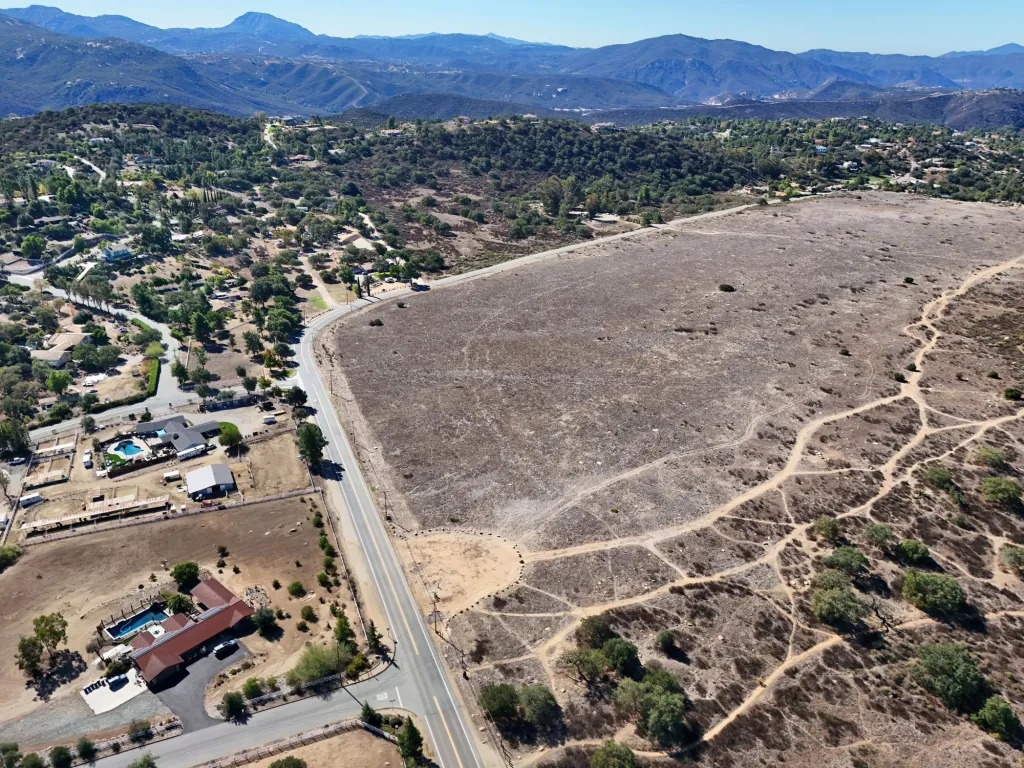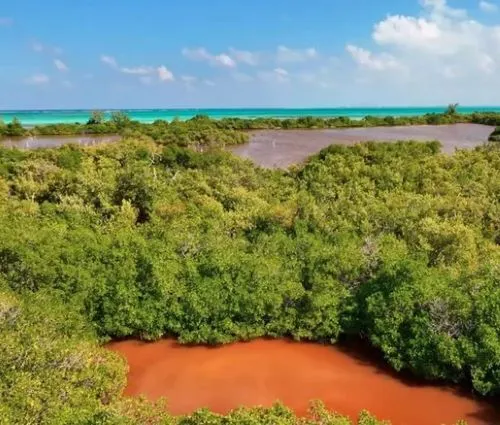Copyright San Diego Union-Tribune

The backcountry community of Alpine has waited 30 years to secure a community park. It’s going to have to wait longer. The future of the 25-acre park in Alpine remains dim after a San Diego County judge ruled in the summer that county planners failed to abide by California’s environmental law in developing the project. The Cleveland National Forest Foundation and the California Native Plant Society sued the county over the park’s environmental impact in 2024. The June ruling has led the conservation groups to ask the court to order the county to throw out its environmental review of the site and rescind its approvals for the project, according to a draft order filed last month. The court has yet to make a decision on the order. Attorney Joseph Petta, who represents the conservation groups, said it’s unclear when a final judgment will be made. Donna Durckel, the county’s land use and environment spokesperson, declined comment on the pending decision. Supervisor Joel Anderson, who represents East County and has advocated for the park, also declined comment. The proposed park would have remade a swath of grassland at 2480 S. Grade Road just south of Interstate 8. Plans called for the park to feature a variety of amenities and recreation space, including a bike park, equestrian staging area, pickleball and basketball courts and a community garden. An additional 72 acres of the county’s land holding were set aside for conservation space. After reviewing other available sites in Alpine, the county purchased the land for $1.6 million in 2019. But San Diego County Judge Katherine Bacal ruled current plans did not go without repercussions for the site’s environment, in particular animals. The county’s review did not account for how the project might harm the western spadefoot toad, a candidate for endangered species status, which could have traveled into the site from nearby breeding pools, Bacal said. County plans acknowledged potential harm to pallid bats native to the area and called for installing bat boxes to offer them an alternative habitat. The county said construction for the park would not take place within 200 feet of roosting sites for the bat, but provided no evidence to support that as a proper buffer, adding another inadequacy to the environmental review, Bacal said. Deficiencies in the environmental review extended to wildfire risk and traffic concerns. The county failed to assess the site’s baseline fire risk and didn’t study how its proposed wildfire mitigation measures would have reduced ignition rates, Bacal said. Liv O’Keefe, a spokesperson for the California Native Plant Society, called the county’s lack of wildfire analysis “significant.” “It concerns not just human safety, but the integrity of natural habitats as well,” O’Keefe said. The environmental review did not include a study of how the park would impact traffic on South Grade Road, in part because the county hadn’t identified where an entrance for the park would be built. That left the county unable to study the development’s impact on traffic, Bacal said. Backcountry town still split With the future of the park uncertain, Alpine continues to fall well below county goals for park access. Alpine has 1.83 acres of parkland per 1,000 residents, said Durckel, the county’s land use and environment spokesperson. County plans call for unincorporated communities to have 10 acres of parkland per 1,000 residents. Native vegetation, not brick-and-mortar structures, could have anchored the park, serving as an education site for visitors to engage with native plants and animals, O’Keefe said. “That’s a way to learn what’s right there in the community,” O’Keefe said. George “Jody” Root founded Preserve Alpine’s Heritage, a nonprofit that advocates for maintaining the community’s natural, cultural and rural heritage. The group has opposed the proposed park, describing it as “too much.” A 40-year resident of Alpine, Root also launched the community’s American Youth Soccer Organization in the ‘80’s. The community has always lacked soccer fields, he said, but in the past the county had worked with local parks to restore existing ones. Surrounding cities had recreational developments put in by the county, but they were located close to existing sports fields, which Root said comes in contrast to the park proposed for Alpine. “When I saw the plan, it just blew my mind,” Root said. “Before the county usually does something on their own, they try to work on a joint powers agreement; that was really never the case with this.” Root said he brought his concerns about the size and location of the park to the county on multiple occasions. Like O’Keefe, he envisioned a park that incorporated the site’s natural features. He proposed a playground made from reclaimed logs and a natural amphitheater perched at the crest of Wright’s Field, where Alpine residents could gather but still feel immersed in the local environment. “If they concentrate on Wright’s Field and think about it as a nature preserve, they can figure out ways to put elements of their program there without destroying the looks of the place,” Root said. If a new plan is developed, Root said he hopes there will be more collaboration between the county, local sports associations and nonprofits to find a way to create recreation space without hindering Alpine’s heritage. For Travis Lyon, a member of the Alpine Community Planning Group, an ongoing lack of park space in Alpine means taking his kids down the freeway to Santee Lakes or Pine Valley. “This park solved so many needs for a community like Alpine,” Lyon said. “It’s devastating to me to see this process stalled once again.” Lyon struggles to understand opposition to community assets like parks. Even as opponents of the park worried about its disruption to the area’s scenery and nature, Lyon stressed the proposed plans would have preserved a considerable amount of acreage all while satisfying the community’s recreation needs. “People think change is hard,” he said. “They say it’s going to change Alpine. It’s going to ruin Alpine. I think it’s going to make it really convenient for families, for seniors, for people who enjoy dogs.”



